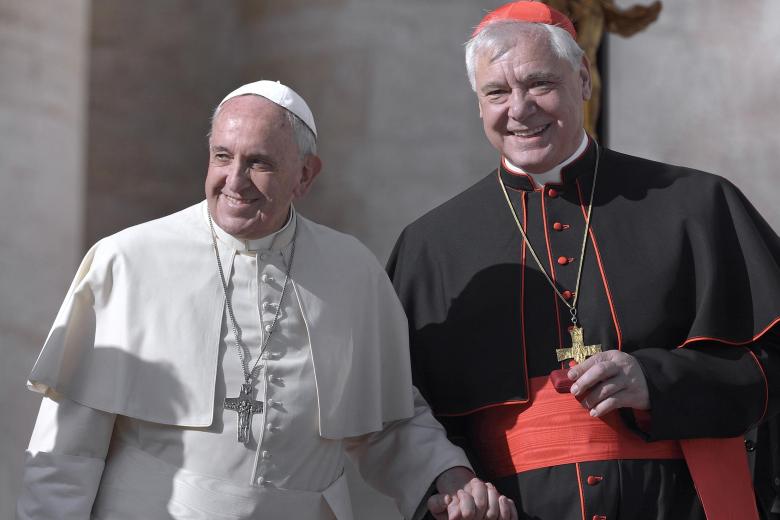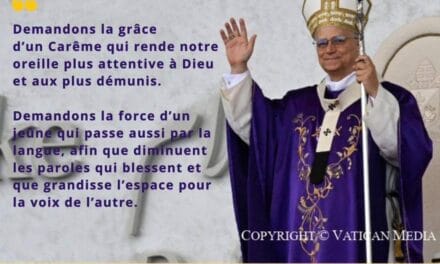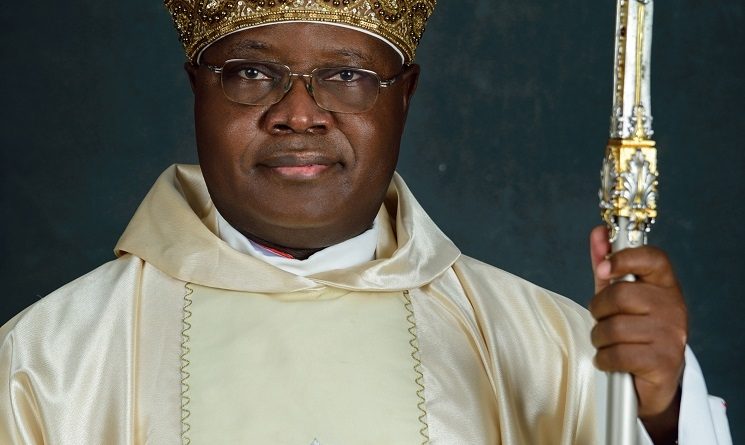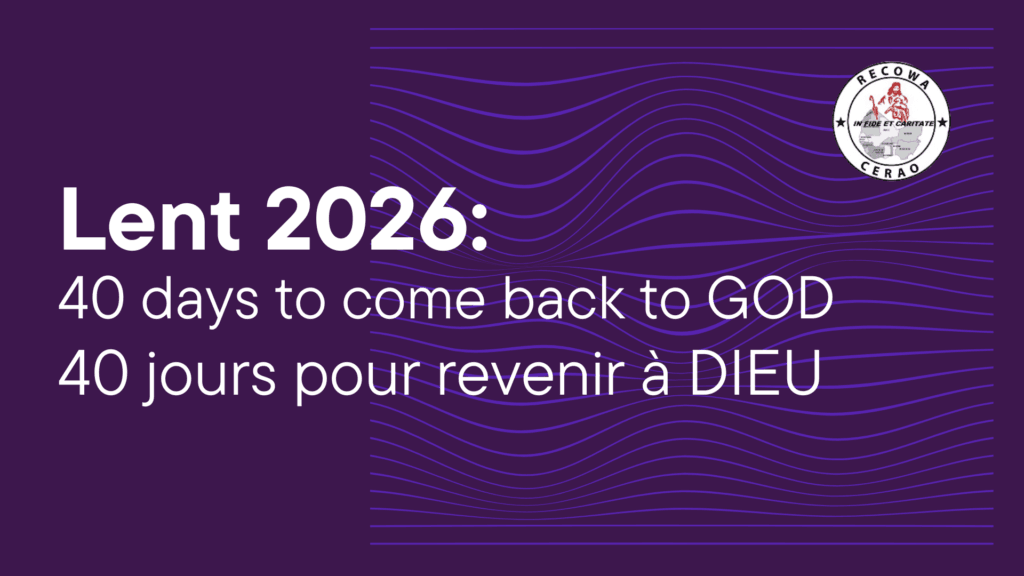CATHOLICS ARE THEREFORE NOT PAPISTS BUT CHRISTIANS:
AN EXCLUSIVE INTERVIEW WITH CARDINAL GERHARD MÜLLER,
Cardinal Müller addresses the nature of papal infallibility, the limits of papal authority, and the possibility of a heretical pope.
Recently some critical questions were sent to our critical Cardinal Gerhard Müller regarding papal infallibility and the Cardinal’s recent words describing Pope Francis as having endorsed material heresy. The Cardinal was gracious enough to answer these questions in the following email exchange and I guess his answer may be beneficial to our bishops and others who are still lost in wonder in the face of the current papal document. Happy reading;
How would you describe the nature of papal infallibility? Under what circumstances does papal infallibility apply?
Cardinal Müller: The nature, conditions, and limits of papal infallibility as an expression of the infallibility of the whole Church are defined in Chapter 4 of the Dogmatic Constitution Pastor Aeternus of the First Vatican Council (1870). Concerning the integration of the supreme authority in the college of bishops, of which he is the visible head, Vatican II declares:
The infallibility with which the divine Redeemer wished to endow his Church in defining a doctrine of faith and morals extends as far as the deposit of divine revelation (divinae Revelationis depositum), which must be purely preserved and faithfully interpreted, requires. (Lumen Gentium 25)
The German bishops, with the approval of Pope Pius IX, declared to the German Chancellor Bismarck, who wanted to misuse Vatican I to justify the destruction of the Catholic Church in the “Kulturkampf”: “…the infallible magisterium of the Church is bound to the content of Holy Scripture and Tradition as well as to the doctrinal decisions already given by the ecclesiastical magisterium” (Denzinger-Hünermann no. 3116). This is also what Vatican II says with the highest authority in the Dogmatic Constitution on Divine Revelation Dei verbum (Art. 10). It should be added that the faithful must render “religious obedience of will and understanding” to their bishops and in particular to the authentic magisterium of the Bishop of Rome, even if he does not speak by the highest magisterial authority (ex-cathedra). This applies according to the emphasis placed on a particular doctrine, which must, however, be explicitly or implicitly contained in revelation.
What has the Church traditionally taught on the limits of papal authority?
Cardinal Müller: According to the divine authority of Christ, the revelation of God Himself is the basis and limit of the Church’s teaching and pastoral ministry: “Go to all nations…and teach them to obey everything I have commanded you” (Matthew 28:20). The approach to a Catholic ecclesiology is important. In Lumen Gentium, Vatican II did not begin with the Pope because, contrary to what traditional Protestant polemics believed, the Catholic Church is not the Pope’s Church and Catholics are therefore not papists but Christians. Christ is the head of the Church and from Him, all divine grace and truth passes to the members of His body, which is the Church. But He has also constituted it sacramentally as a visible community of confession, of the means of grace and unity in episcopal leadership. That is why the bishops and priests teach, guide, and sanctify the faithful in the name of Christ (and not at all in the name of the Pope). But Catholics are not the subjects of ecclesiastical superiors, to whom they owe blind caducal obedience as in a totalitarian political system. As persons in their conscience and prayer, they go directly to God in Christ and the Holy Spirit. The act of faith is directed directly to God, while the magisterium of the bishops has only the task of faithfully and completely preserving the content of revelation (given in Sacred Scripture and Apostolic Tradition) and presenting it to the Church as revealed by God.
The magisterium is not above the word of God, but serves it by teaching nothing but what has been handed down, because it hears the word of God by divine mandate and, with the assistance of the Holy Spirit, listens to it with reverence and preserves it sacredly and interprets it faithfully… (Dei verbum 10)
In a culture alienated from Christianity, it is important not to interpret ecclesial authority in terms of political power and media manipulation of opinion, but in the light of God’s revelation in Christ as the light that enlightens every human being and leads to eternal life (John 1:1-18). Even the cardinals of the Roman Church cannot promise absolute obedience to the Pope and sacrifice their conscience and expertise to a questionable agenda, as the British Vatican expert Christopher Lamb would like to argue against the so-called “inner-church opposition “in his book The Outsider. Those who fall short of the faith and the discipline of the Church must be put back on the right path with spiritual means and ecclesiastical punishments. The absolute rulers who eliminated their unruly colleagues in a communist politburo or the English Royal Privy Council with banishment, deprivation of property, and show trials are no example to us. Papal history also offers us some unworthy spectacles of power triumphing over law.
Could you briefly describe some common opinions on different theological opinions concerning how to respond to a heretical pope and how widely accepted these opinions are among theologians and canonists?
Cardinal Müller: The fundamental problem arises from the distinction between the pope as the holder of the Petrine office with its specific powers on the one hand and the pope as an individual Christian in the pilgrim state, who can also lose sanctifying grace through mortal sin or who can inwardly and outwardly manifestly fall away from the faith, heretically contradict the doctrine of faith, or even schismatically separate himself from the Church. As far as apostasy, manifest heresy, or open schism of the pope as an individual is concerned, this is more of a theoretical question or the historical and theological evaluation of dubious figures in papal history (the best known is the question of the heresy and excommunication of Pope Honorius I). In his great work De Romano Pontifice (Book II, 30th section), the Doctor of the Church Robert Bellarmine summarized the theological opinions expressed up to that point on the possible heresy of a pope and his loss of office. In any case, the opinion that any ecclesiastical or even secular authority could depose the pope in legal proceedings is ruled out (especially against conciliarism, Gallicanism, etc.). He is indeed chosen by the cardinals as the person who is to occupy the Cathedra Petri. In reality, however, he is appointed by Christ if he has accepted the election and is Bishop of Rome by consecration and thus the successor of Peter. In the event of a blatant and notorious contradiction, which God forbid, to the teaching of Holy Scripture or the dogmatic definitions of the doctrine of faith, the faithful would no longer be obliged to obey him and he would, so to speak, lose his office himself. In practice, however, as in the late Middle Ages, this would divide the Church into different obediences, depending on who considers their pope to be the legitimate successor of Peter. We owe a detailed discussion of this thorny question to Prof. Arnaldo Xavier da Silveira (Se un-Papa è eretico: che fare? Roma 2019; “Can a Pope be a heretic”). I have published a book on the entire theology of the papacy: Gerhard Cardinal Müller, The Pope: His Mission and His Task (Catholic University of America Press, Washington, DC, 2021).
As you are aware, there is a difference between theological opinions, even widespread or probable theological opinions, and official Church teaching. What is the current state of Church teaching on the matter of how to deal with a heretical pope? Does the Church have an officially defined view? Has there ever been a point in Church history in which the Church had a specific or defined view on this matter?
Cardinal Müller: There can be no definition of these borderline cases because the definitions refer to the revealed faith. This can be seen in the attempts of the Councils of Constance and Basel, which had to find a practical way out of the Western schism despite the false doctrine of the superiority of the council over the popes and antipopes of their time. Beyond the aforementioned distinction (between the pope in his office as successor of Christ and the current holder of this office during his pontificate), there can be no canonical procedure (i.e., purely positive ecclesiastical law above divine law) that could officially declare a reigning pope a formal heretic and legally depose him. The personal charism of infallibility ex-cathedra is not to be confused with the special grace of being saved from sin and apostasy in the pilgrim state. This gap cannot be closed within the Church because the supreme authority cannot be judged endlessly by an even higher one and therefore the only judge of the reigning pope is God alone. He will ensure that the Church does not destroy itself at the root of its unity in the truth of Christ. This is why our humble prayer and a Christian style of dealing with one another is all the more necessary in this situation.
The personal charism of infallibility ex-cathedra is not to be confused with the special grace of being saved from sin and apostasy in the pilgrim state.
Has there ever been a heretical pope in the past, and if so, how has the Church responded? What can we learn from these historical events?
Cardinal Müller: Over the centuries, the term heresy has been interpreted more broadly and narrowly. In today’s technical sense of formal heresy, i.e., the direct denial of a revealed doctrine dogmatically defined by the Church, there has not been a single heretical pope (not even as a private person), even in historical retrospect. The fact that the Roman bishops in the succession of Peter always remained faithful to the apostolic faith and actively presented it to the whole Church is both historically provable and an object of Catholic and divine faith (Vatican I, Pastor Aeternus, 4th chapter).
It appears as if, with some of Pope Francis’ statements, he is aware of Church teaching, and knows that faithful Catholics know what Church teaching is, and is therefore not too concerned with simply reaffirming or interpreting Church teaching as much as attempting to use the spiritual and pastoral tools available to bring people into deeper communion with Christ and His Church and to address the practical issues related to this. This appears to be the case even with Pope Francis’ more problematic or misleading statements. Would you agree with this evaluation? Related to this is the notion, put forward by some commentators, that a lot of the implications people see in Pope Francis’ words are read into Pope Francis’ words by certain people in the media who want the Catholic Church to change her teachings, and if the Church can’t or won’t change her teachings, they can at least twist Pope Francis’ words to make it appear as if he is going to change Church teaching. How many of the problematic elements of Pope Francis’ teachings do you believe are derived from this dynamic?
Cardinal Müller: Certainly, in a highly ideologized media age, the various groups that instrumentalize Pope Francis’ statements for their interests must be put in their place. We must also respect the personality of the Chair of Peter. In terms of theological depth and precision of expression, Pope Benedict was an exception rather than the norm in the eventful history of popes. But the bishops and the Pope must also be aware of the limits of their mission. They may only use their Christ-given authority to lead people to Christ through the Word of God and the holy sacraments (and in no way damage the credibility of the Church with nepotism and favoritism, zeitgeisty ingratiation). The relative autonomy of the various secular subject areas must also be observed (Gaudium et spes 36), with which they are only involved to the extent that they have to defend the dignity and freedom of man against political, ideological, and media encroachments. There can also be no absolute or even pragmatic opposition between doctrine and pastoral care because Christ Himself is the teacher and shepherd in his person. The doctrine of the Church today can by no means be assumed to be known (unfortunately not even by all bishops, of which there are enough examples) to concentrate solely on the pastoral application to individual people or “marginalized groups.” It is not enough to be photographed with so-called “transpersons,” one must also have the courage to name the body-hostile sex change as a grave sin against the will of the Creator. Furthermore, the “teaching of the apostles” (Acts 2:42) in the form of the Church’s confession is not just any system of thought with which the normal Catholic has nothing to do, but the Word of God that creates salvation and awakens faith, which is given to the Church in the apostolic word of the bishops and priests (cf. 1 Thessalonians 2:13). The media format must also be considered in concrete terms. Papal interviews can be helpful and encourage people in their faith and provide orientation. They are not binding documents that authoritatively interpret the faith of the Church. With the media attention for the Church focusing globally on the Pope, it should be noted that Catholics believe in Christ and can only expect salvation from Him and that the Pope and bishops are only His servants. Because it is forgotten that the Church, as the body of Christ and the temple of the Holy Spirit, is the most intimate communion of life with the triune God, to whom the visible form of the Church serves only as a medium (Lumen Gentium 8), they misjudge journalists using political and ideological categories (left-right, conservative-modernist, etc.). A flattering framing and wording of the “Church of Pope Francis” or the bishops on the “line of Bergoglio,” who is revolutionizing the Church of Christ through “irreversible” decisions, is not only theologically underexposed, but also undermines the credibility of the Church as the sacrament of the salvation of the world in Christ Jesus (1 Timothy 2:5).
How should faithful Catholics respond to theologically or spiritually problematic statements put forward by the pontiff? How are they to keep up the necessity of obedience to and communion with the pope and the need to evangelize in the presence of problematic or difficult-to-interpret statements from the pope?
Cardinal Müller: We draw our faith from the Holy Scriptures and the teachings of the Church as summarized in the official Catechism based on the teachings of the Second Vatican Council. We live by the grace of Christ in the sacraments. Church life takes place in parishes, prayer communities, Catholic schools, and institutions. As important as the orientation towards “Rome” is about the unity of the universal Church in the truth of Christ, we must not confuse the article of faith of the teaching and jurisdictional primacy of the Roman bishop as the successor of Peter with a cult of personality, as also occurs in secular contexts. Christ is the head of the Church, from whom all grace and truth emanates. The apostles, with Peter at their head, are only his witnesses and heralds. They dedicate themselves to the “ministry of the word and prayers,” the liturgy (Acts 6:4). It is not their social prestige and their presence in the media that is the criterion for popes and bishops in our time, but the question of whether they make Christ present in this time. The Pope and bishops serve the Church as role models, following the example of the good shepherd who laid down His life for His sheep (1 Peter 5:1-4).
Thank you to His Eminence for taking the time to answer these questions.
- CATHOLIC ARCHBISHOP IN GHANA HAILS POPE LEO XIV AS GOD’S GIFT - 23 mai 2025
- POPE LEO XIV TO APPROVE CANONIZATIONS - 22 mai 2025
- THE EVOLUTION OF PAPAL TRANSPORTATION - 20 mai 2025







